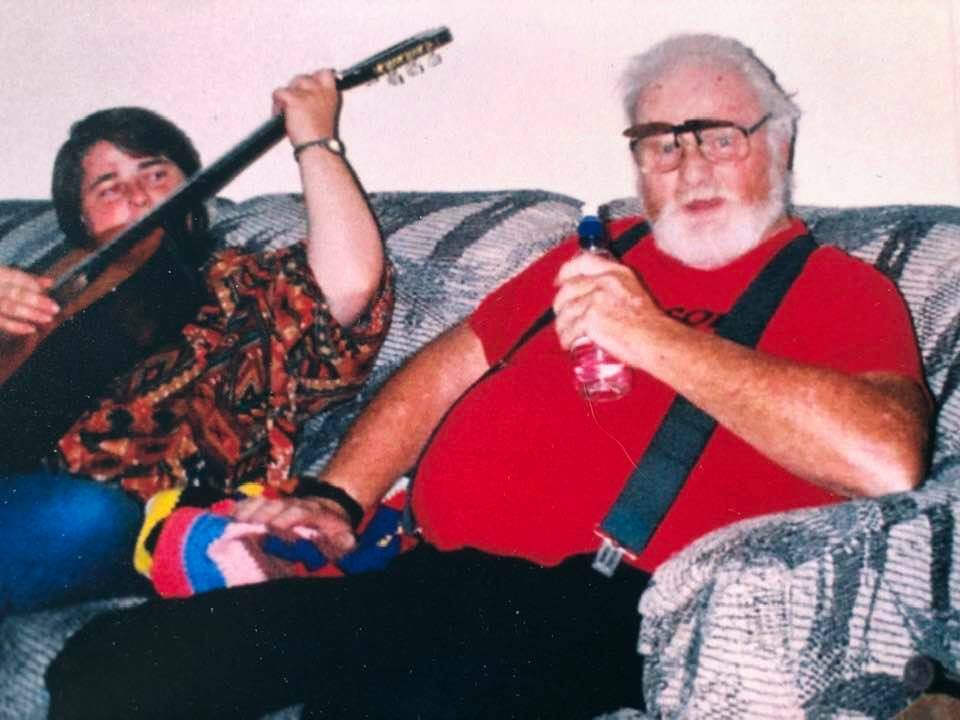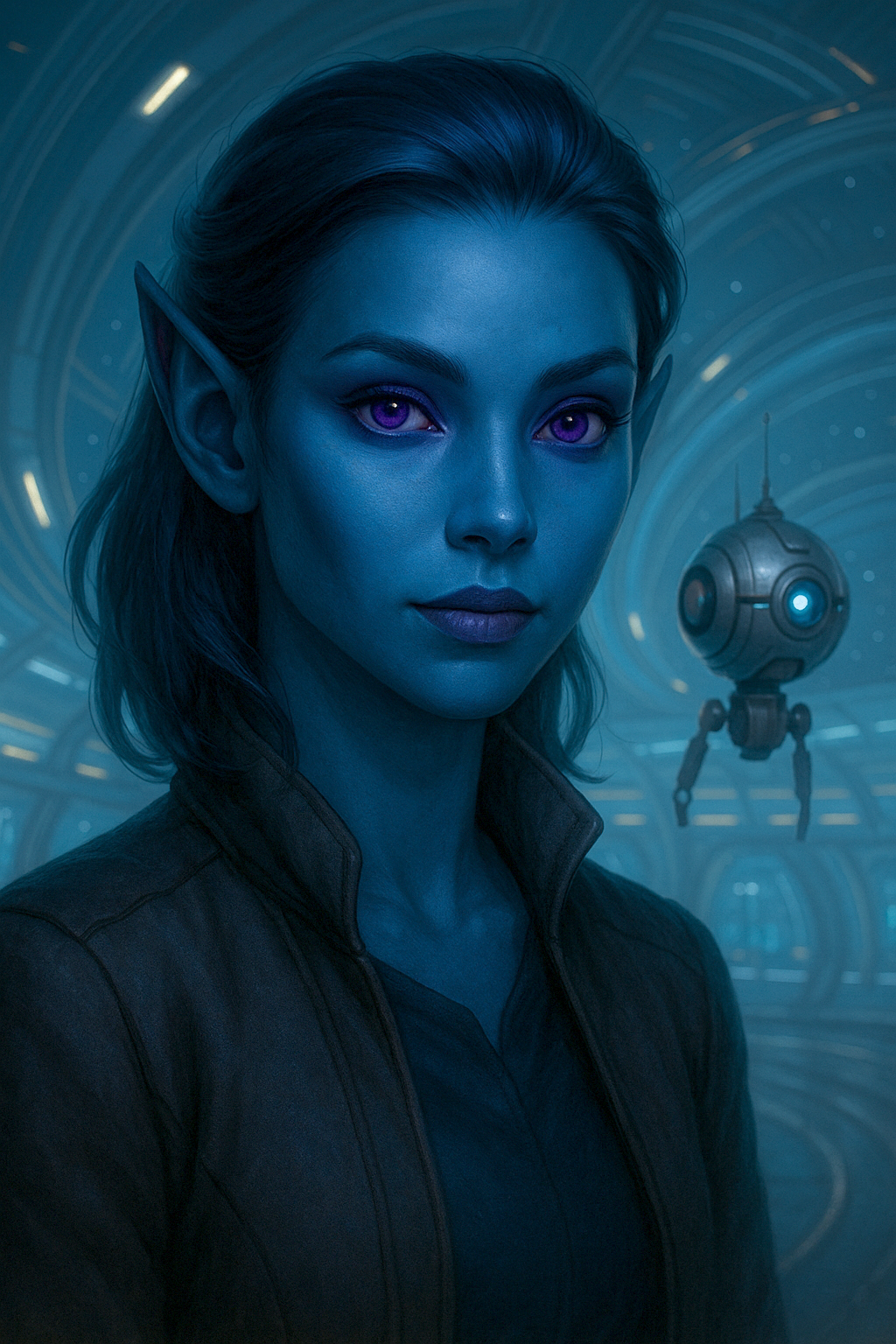
I’ve loved science fiction for most of my life, and this story has been quietly forming in the background for much of that time. Now, I’m thrilled to finally bring it into the light. The universe it’s helped me build is one I’d genuinely want to explore—and I hope readers will feel the same pull.
The best science fiction doesn’t just entertain—it reveals. It holds a mirror to society, invites us to question what we take for granted, and sometimes plants ideas that bloom long after the story ends. That’s the kind of storytelling I’ve always admired, and the kind I aspire to create.
Whether you find reflections of the world we live in or discover something entirely new, my hope is that these stories give you something to think about… and something to feel.

This universe is dedicated to my father, Frank Wells.
He’s the one who opened the stars to me—first through Star Trek, then through countless late-night conversations about time paradoxes, interdimensional theory, and the kinds of mind-bending questions sci-fi was made to ask. Those talks shaped the way I think about stories, possibility, and the strange mechanics of hope.
One day, I lost something. “I put it right here,” I said, frustrated. “How can it just be gone?”
Dad laughed. “Maybe it slipped into another dimension,” he said. That joke sparked a week-long discussion about where things go when they’re lost… and eventually, the idea of Time Slots was born.
Years later, that seed became a short story for a college writing project set in the Star Trek universe. For a long time, I thought it could only live there. But when I discovered World Anvil, the story bloomed into something far bigger—its own world, its own voice, its own future.
I wish I could share it with him now. I know he’d be proud. I know he’d love what it’s become.
Thanks, Dad.
RIP

This story was brought to life through a collaboration between a human author and AI.
The world, characters, plot, and themes were all conceived and developed by the human author. The imaginative core, the universe’s rules, and the emotional depth of the story originated from years of worldbuilding and storytelling vision.
ChatGPT, created by OpenAI, served as a coauthor—contributing prose, scene construction, dialogue, and narrative flow based on the author’s direction and ideas. Its role was similar to that of a creative writing partner: offering first drafts, expanding story elements, and keeping the process moving forward when the blank page felt overwhelming.
Final edits and all creative choices were guided by the human author, ensuring the work stayed true to the intended story, tone, and message.
This book is a result of that partnership—human vision and direction, made possible through new creative tools.
Because sci-fi is never just about ships or lasers. It’s about us—rebuilding, redefining, and reaching. Always reaching.
At Astra's request her share of the proceeds from this series will be donated to Room to Read to help children learn to read and write so that stories can be a part of our future also.

Want to see where it all leads? Step into the universe of Caelaxis.